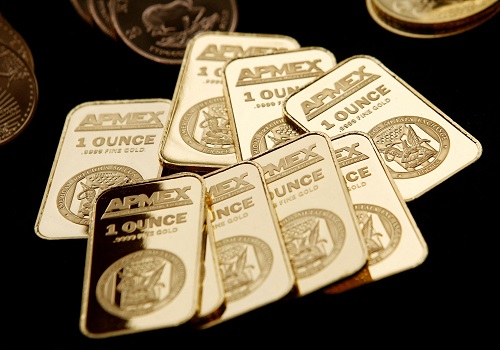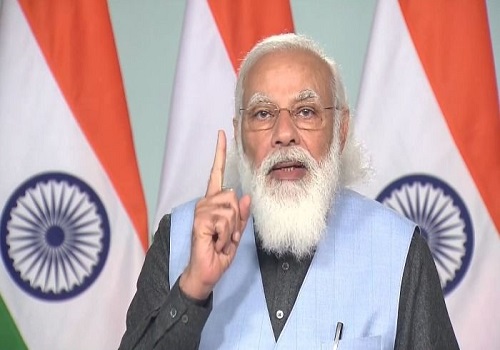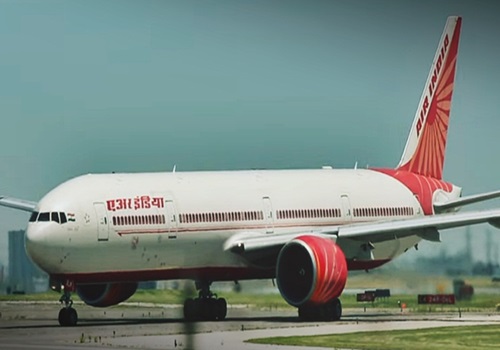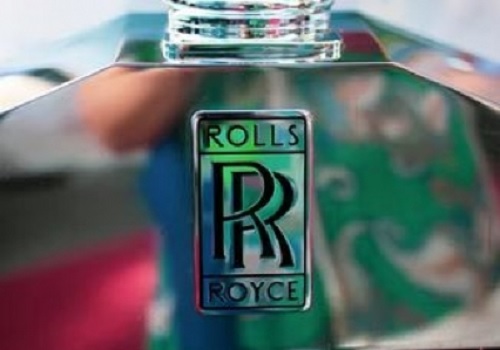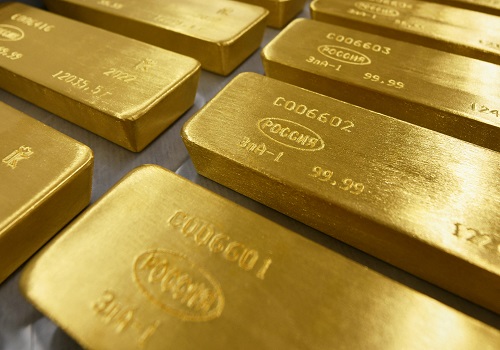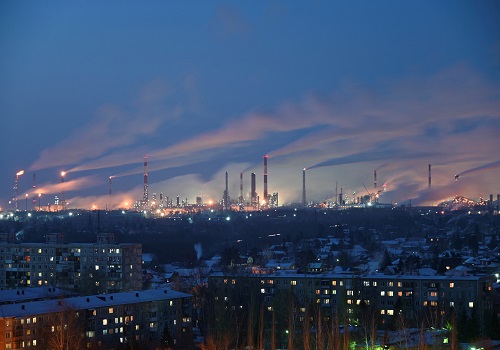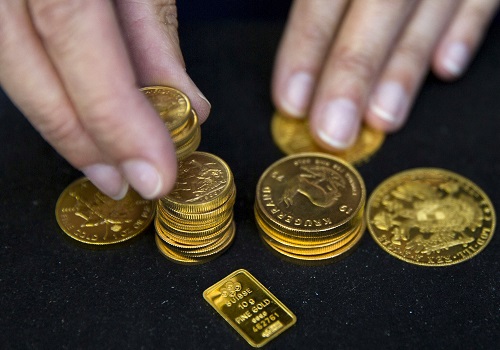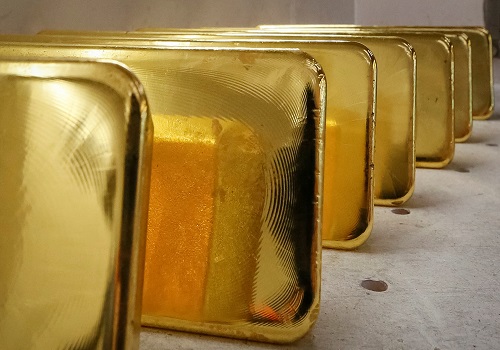Indian jewellers stay shut as lockdowns stifle gold demand
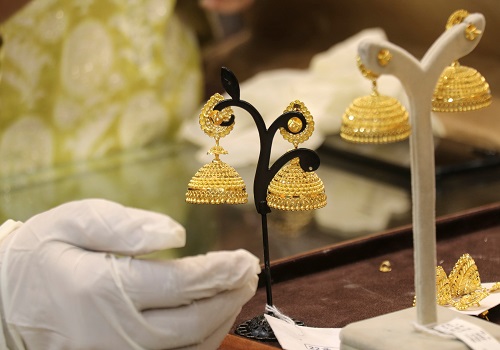
Follow us Now on Telegram ! Get daily 10 - 12 important updates on Business, Finance and Investment. Join our Telegram Channel
Physical gold demand in second-biggest bullion consumer India was negligible this week with most jewellery stores still shut by COVID-19 lockdowns, forcing dealers to offer steep discounts.
"Lockdowns are badly hitting the industry. Jewellers have stopped buying since retail demand is almost zero," said Ashok Jain, proprietor of Mumbai-based gold wholesaler Chenaji Narsinghji.
Most states have imposed curbs as infections crossed 27 million, with over 3,000 people dying every day.
Dealers offered discounts of up to $10 an ounce, the highest since mid-September 2020, over official domestic prices — inclusive of 10.75% import and 3% sales levies — unchanged from last week.
A few states are considering easing restrictions from June 1 and that could help attract retail consumers, said a Mumbai-based bullion dealer with a gold importing bank.
On Friday, local gold futures traded around 48,400 rupees per 10 grams, having scaled a peak since Feb. 1 at 49,067 rupees earlier this week.
Chinese premiums were little changed at $7-$10 an ounce over benchmark spot gold prices.
Net gold imports into the country via Hong Kong jumped in April to a nearly three-year high, while Swiss exports to China also soared.
Imports could increase further with Beijing having given banks permission to import large amounts of gold.
Singapore premiums were little changed at $1.2-$1.7.
Brian Lan, managing director at dealer GoldSilver Central said the first few days of the week saw more selling due to higher prices although some high net worth individuals looked to buy up before prices move even higher.
Japanese dealers sold gold at anywhere between flat to an $0.30 premium.
Meanwhile, the Bangladesh Jewellers Association raised local prices this week, with the best quality gold priced at 73,483 taka ($871.89) per Bhori, or 11.664 grams.
The association said there was a supply shortage due to tax-related complexities on imports and a shutdown of international flights.
(Reporting by Arundhati Sarkar, Brijesh Patel and Arpan Varghese in Bengaluru, additonal reporting by Ruma Paul in Dhaka)



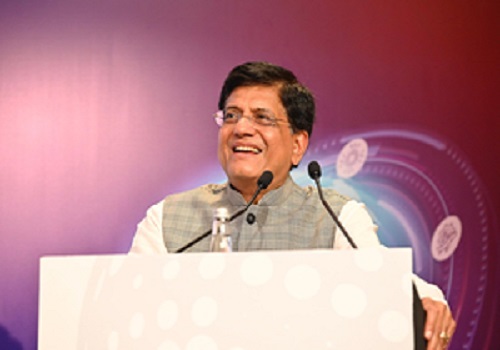

.jpg)







